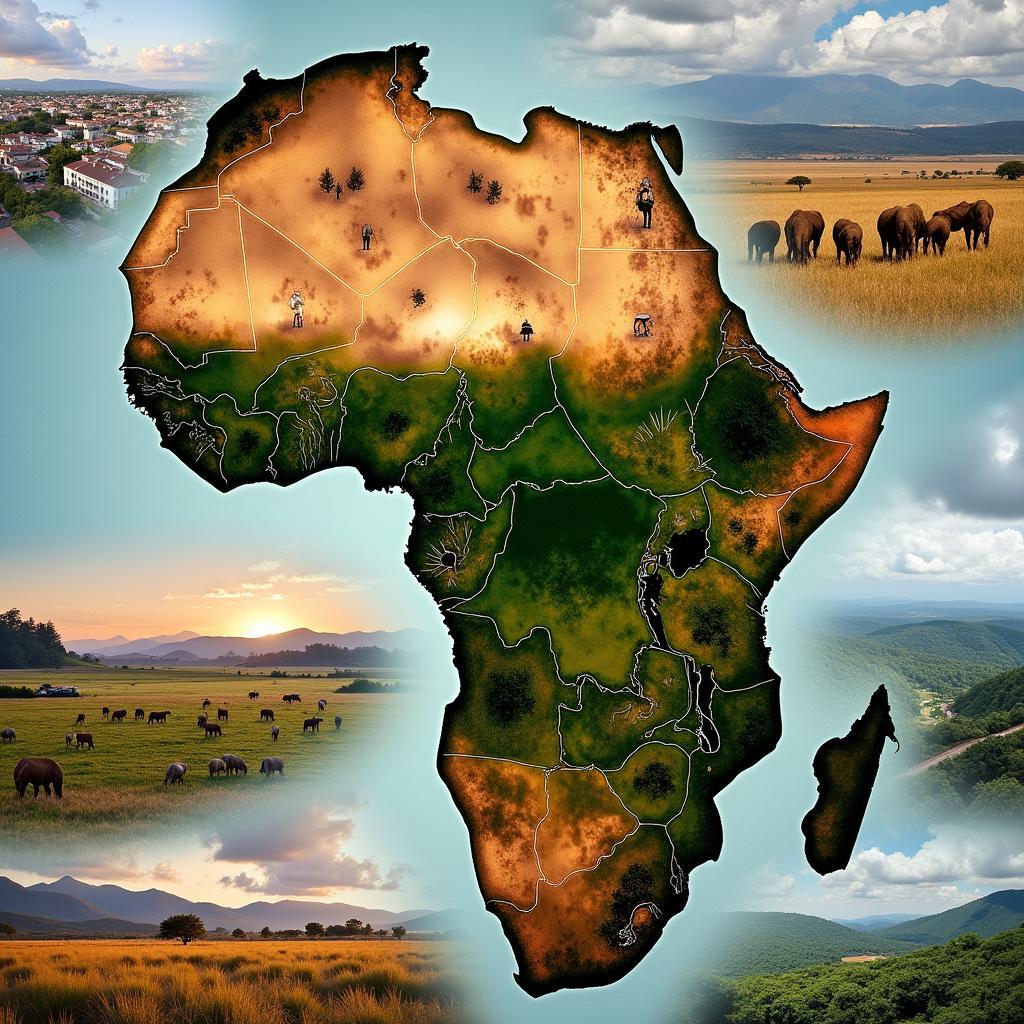Exploring African Ethics: An Anthology of Values and Principles
African ethics, often overlooked in the global discourse, offers a rich tapestry of values and principles that have shaped societies for millennia. An anthology of African ethics reveals a deep-rooted understanding of community, respect for elders, and a profound connection with nature.
Ubuntu: I am Because We Are
Central to African ethics is the concept of “Ubuntu,” a Nguni Bantu term encapsulating the interconnectedness of humanity. Ubuntu emphasizes that a person’s humanity is affirmed through their relationships with others. This value transcends individualism, promoting empathy, compassion, and collective responsibility.
Respect for Elders: Wisdom Keepers of Society
In African societies, elders are revered as repositories of wisdom and experience. Their guidance is sought on matters ranging from conflict resolution to spiritual guidance. This respect is deeply ingrained in daily life, reflected in greetings, social interactions, and decision-making processes.
Living in Harmony with Nature
Unlike anthropocentric worldviews, African ethics emphasizes harmony with nature. The natural world is not viewed as a resource to be exploited but as a sacred entity to be respected and protected. This perspective fosters sustainable living practices and a deep appreciation for the interconnectedness of all living things.
The Power of Proverbs: Distilling Wisdom
Proverbs play a vital role in transmitting ethical values in African cultures. These pithy sayings encapsulate generations of wisdom, offering guidance on everything from honesty and hard work to hospitality and conflict resolution. Proverbs are woven into everyday conversations, serving as reminders of ethical principles and cultural values.
Challenges and Contemporary Applications
While deeply rooted in tradition, African ethics is not static. Globalization, modernization, and social change have all influenced the evolution of ethical values in contemporary Africa. Despite these challenges, the core principles of Ubuntu, respect for elders, and harmony with nature remain relevant in navigating contemporary issues.
Conclusion
An exploration of African ethics reveals a rich tapestry of values that prioritize community, respect for elders, and harmony with nature. These principles, passed down through generations, offer valuable insights into fostering ethical societies that prioritize the well-being of all. By embracing these values, we can learn from Africa’s ancient wisdom and contribute to a more just and sustainable world.


